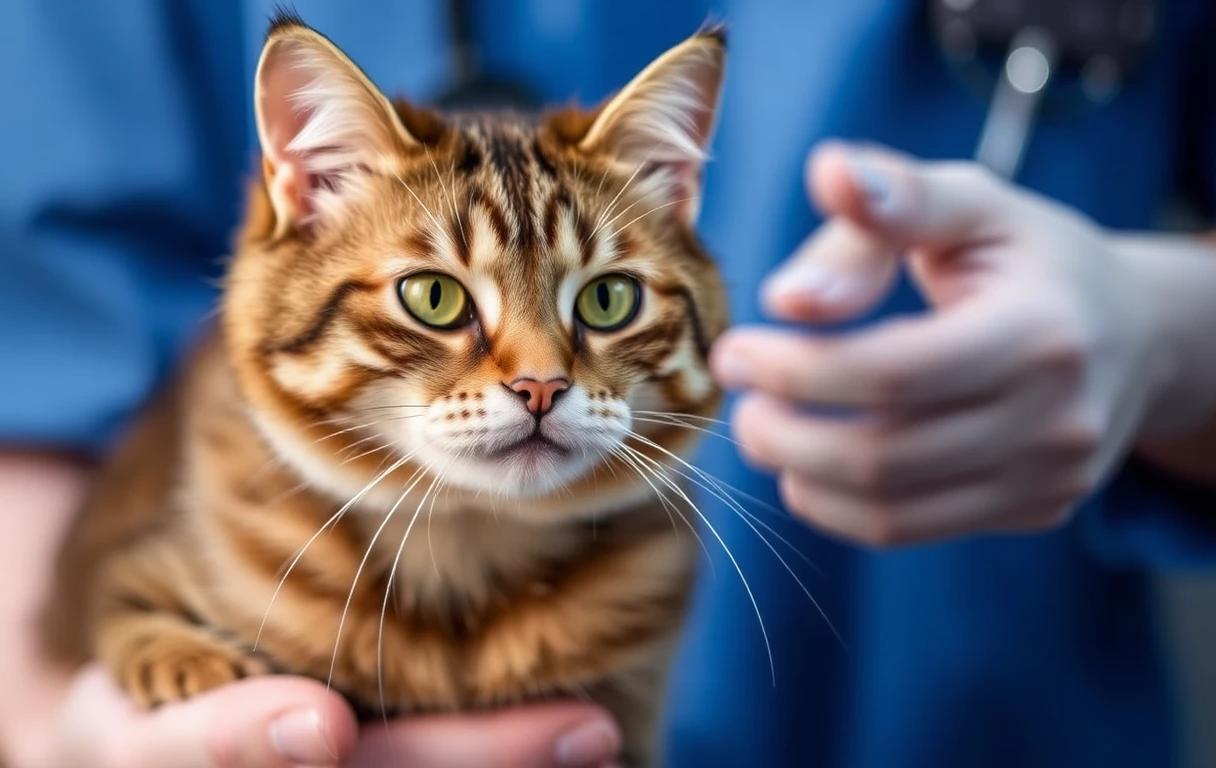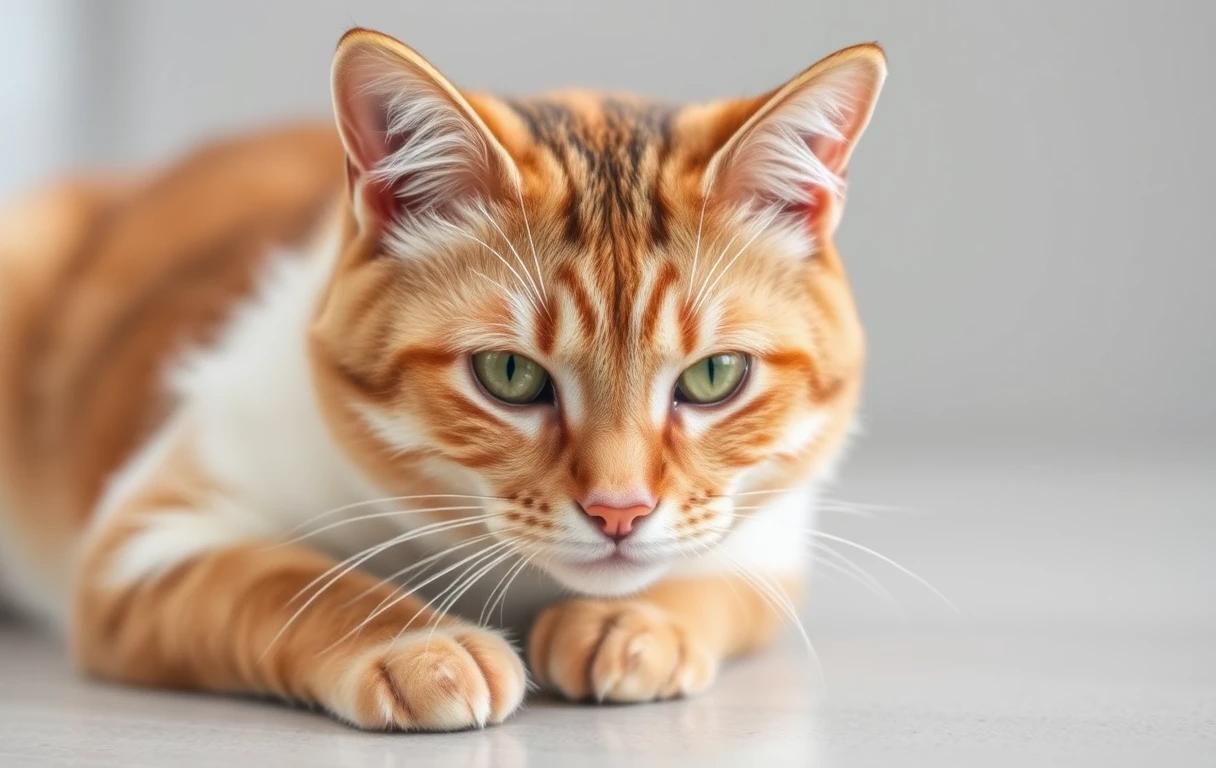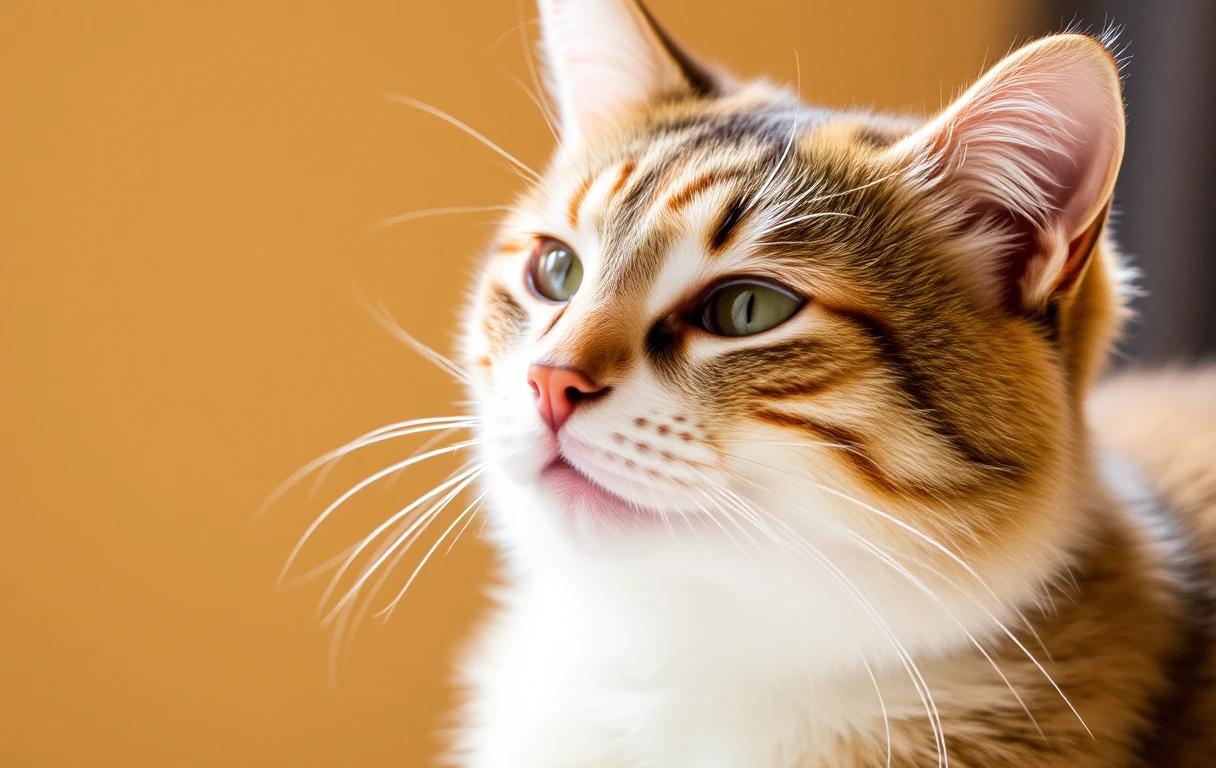5 Signs Your Cat Needs Immediate Veterinary Care
Cats are known for their independent and stoic nature, often masking signs of illness. As a responsible pet owner, it’s crucial to recognize when your cat requires immediate veterinary care. Ignoring these signs could lead to serious health issues or even life-threatening conditions. Here are five critical symptoms that signal your cat needs urgent medical attention.
Table of Contents
- Introduction
- 1. Difficulty Breathing
- 2. Uncontrolled Vomiting or Diarrhea
- 3. Sudden Changes in Behavior or Appetite
- 4. Severe Injuries or Trauma
- 5. Unusual Swelling or Lumps
- Additional Warning Signs to Watch For
- Conclusion

1. Difficulty Breathing
One of the most alarming signs that your cat needs immediate help is trouble breathing. This could indicate conditions such as asthma, heart disease, or an obstruction in the airway.
Symptoms to Watch:
- Rapid, shallow breathing
- Open-mouth breathing or panting
- Gasping for air or wheezing
- Blue or pale gums (a sign of oxygen deprivation)
What to Do:
- Act Quickly: Difficulty breathing is a medical emergency. Transport your cat to a vet or an emergency animal hospital immediately.
- Keep Calm: Avoid stressing your cat further during transportation. Use a quiet, comfortable carrier.

2. Uncontrolled Vomiting or Diarrhea
While occasional vomiting or diarrhea may not be a cause for concern, frequent or severe episodes can lead to dehydration, nutrient loss, and other complications.
Symptoms to Watch:
- Vomiting more than 2–3 times in 24 hours
- Presence of blood in vomit or stool
- Diarrhea lasting more than 24 hours
- Signs of lethargy or dehydration (e.g., sunken eyes, dry gums)
Potential Causes:
- Poisoning or ingestion of toxic substances
- Blockages in the digestive system
- Infections or food intolerances
What to Do:
- Monitor for Dehydration: Gently pinch your cat's skin at the back of the neck. If it doesn’t snap back immediately, your cat may be dehydrated.
- Seek Veterinary Care: Persistent symptoms require professional evaluation to rule out serious conditions like gastrointestinal blockages or infections.

3. Sudden Changes in Behavior or Appetite
Cats are creatures of habit, and sudden changes in their behavior or eating habits can be a sign of underlying health problems.
Symptoms to Watch:
- Complete refusal to eat for more than 24 hours
- Excessive hiding or aggression
- Unexplained lethargy or lack of interest in usual activities
- Increased thirst or urination (possible signs of diabetes or kidney disease)
What to Do:
- Check for Additional Symptoms: Combine behavioral changes with physical signs (e.g., weight loss, vomiting).
- Consult a Veterinarian: A sudden loss of appetite or lethargy is often the first clue of illnesses such as liver disease, infections, or even cancer.
4. Severe Injuries or Trauma
Injuries from accidents, fights, or falls often require immediate attention, even if your cat seems fine at first glance.
Symptoms to Watch:
- Limping, swelling, or inability to move
- Visible wounds or bleeding
- Signs of pain (e.g., excessive vocalization, avoiding touch)
- Difficulty walking or signs of shock (pale gums, rapid heartbeat)
What to Do:
- Handle with Care: Injured cats may react defensively. Wrap them gently in a towel before transport.
- Visit a Vet Immediately: Even minor-looking injuries can lead to complications like infections or internal bleeding.

5. Unusual Swelling or Lumps
Lumps and swelling can appear anywhere on your cat’s body. While not all are dangerous, some can indicate infections, abscesses, or cancer.
Symptoms to Watch:
- Sudden or rapidly growing lumps
- Swelling accompanied by redness or heat
- Discharge or pus from a swollen area
- Pain or discomfort when touched
Potential Causes:
- Abscesses from fights or bites
- Cancerous tumors
- Infections or cysts
What to Do:
- Monitor Growth: If the lump grows quickly or is painful, do not wait to seek veterinary care.
- Schedule an Exam: Early detection of cancerous growths can significantly improve treatment outcomes.
Additional Warning Signs to Watch For
While these five signs are critical, there are other symptoms that also warrant immediate attention:
- Seizures or collapse
- Sudden paralysis or inability to move
- Excessive drooling or foaming at the mouth
- Eye injuries or sudden blindness
Conclusion
Cats rely on their owners to notice when something is wrong. By understanding the signs of a medical emergency, you can ensure that your furry companion receives the care they need in time. If you observe any of these symptoms, don’t hesitate to consult a veterinarian—acting quickly could save your cat’s life.